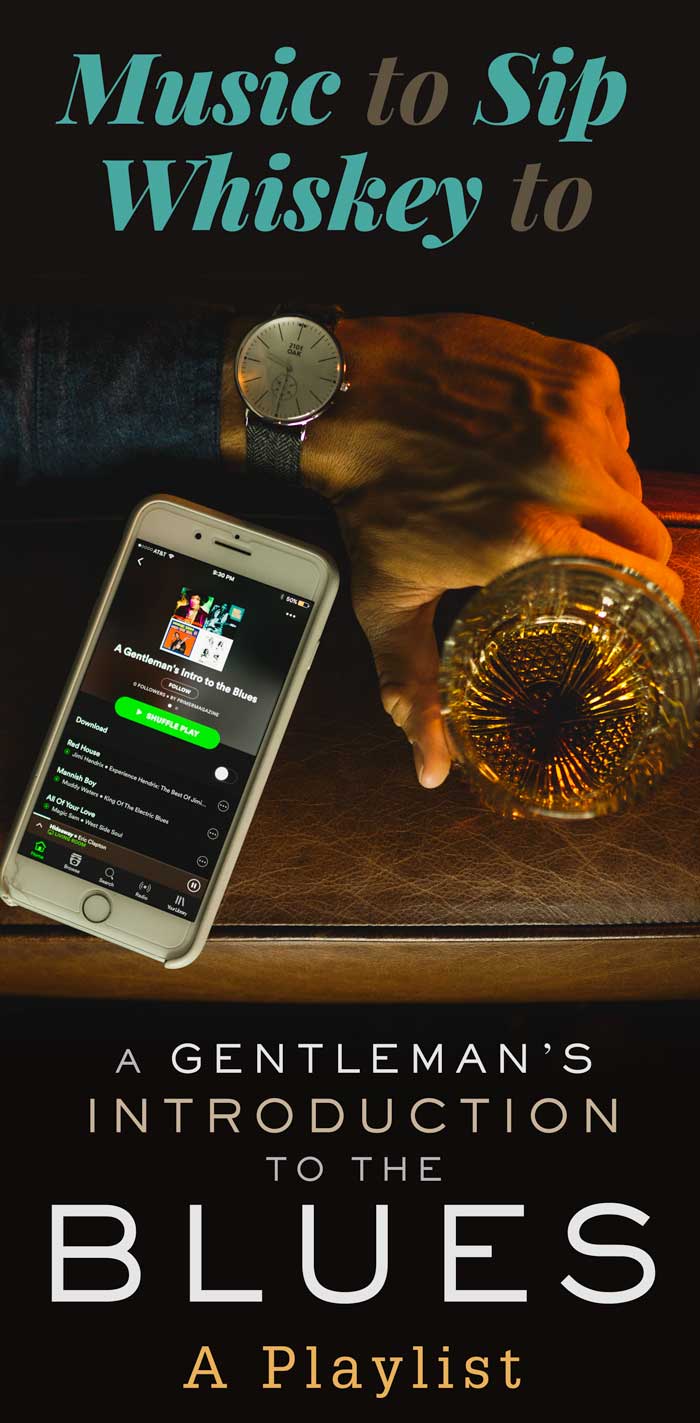
It’s Saturday night and you’ve got some buddies over for a glass of bourbon and good conversation. You’re on a long nighttime drive and you need something relaxed but grooving to make the miles shorter. It’s Friday night and you’re winding down from the week with a cocktail and you want something with more depth and drive than Netflix. What’s the soundtrack for each of these moments?
If you’re like me, it’s nothing but the blues. Whether it’s Muddy Waters, Eric Clapton, or Jimi Hendrix, blues music is the sound of a downtempo evening with a touch of class and reflection. The funny thing is, when I mention this to friends I find that most people have lost touch with the blues as an art form. Sure, we all know the giants of blues like B.B. King, but when was the last time you really settled into the simple complexity of a good blues song?
BB King once said, “People all over the world have problems. And as long as people have problems, the blues can never die.” He’s speaking to that quality of the blues that gives it its name and that everybody recognizes: the raw, unflinchingly honest rendering of heartbreak. As Louis Armstrong put it, “When I play, maybe ‘Back o' Town Blues,' I'm thinking about one of the old, low-down moments – when maybe your woman didn't treat you right. That's a hell of a moment when a woman tell you, ‘I got another mule in my stall.'”
Less well known is that blues music traces its genesis from (among other things) African-American work songs in the 19th century, incorporating spirituals, field hollers, shouts, chants, and narrative ballads – qualities you hear in blues music if you listen. In the early 20th century, the blues began to take shape as a loose narrative, sung with repetition that spoke of the hardships, trials, and experiences of black Americans. As African-Americans moved northward to escape Jim Crow, the blues transformed to fit new urban settings, became more complex and more fully instrumented, and continues its evolution to this day.
My story with blues music begins as the blues entered the 1960s. The heyday of blues music on the radio in the 1940s and 50s was winding down as popular tastes were turning towards rock music, but white musicians like The Rolling Stones, Led Zeppelin, and others took up the blues and made their own contributions. It seems few people know or remember this, but many of the greatest rockers of all time started out as pure blues bands!
It was through Zeppelin, Hendrix, and Clapton that I first came to the electric guitar driven, feel-good style of blues I connected with. From there, I started to explore and appreciate artists like Muddy Waters, T Bone Walker, and John Lee Hooker. As ZZ Top’s Billy Gibbons put it,”The blues is a mighty long road. Or it could be a river, one that twists and turns and flows into a sea of limitless musical potential.”
Now, I’m not claiming to be an expert in the blues – at all – but an evening of quality whiskey and good blues has been a standby of mine for years and it was time to put together a list of favorite tracks I could share with like-minded guys. The question was, where to begin? I sought out the help of Charles Sawyer, author of a BB King biography, blues band leader, and teacher of a Harvard class on the blues. Sawyer turned me on to some artists I’d never encountered and broadened the scope of my playlist.
This selection is not exhaustive and it’s not meant to be – I want to share with you some of the rollicking tracks that pulled me in, along with some classic must-listens. The quality that unites all the blues I love is a looseness – I think it’s called groove – that makes you wonder if the song is just going to fall apart at any moment. But it doesn’t. It keeps jamming and each night I enjoy the blues, the good vibes keep rolling. I hope you enjoy it.
The Spotify playlist is embedded below or you can reach it directly here. Pair it with one of our favorite whiskies under $50 that don't start with Jack, Jim, Johnnie, or Jameson.
A few of my favorite sipping whiskies
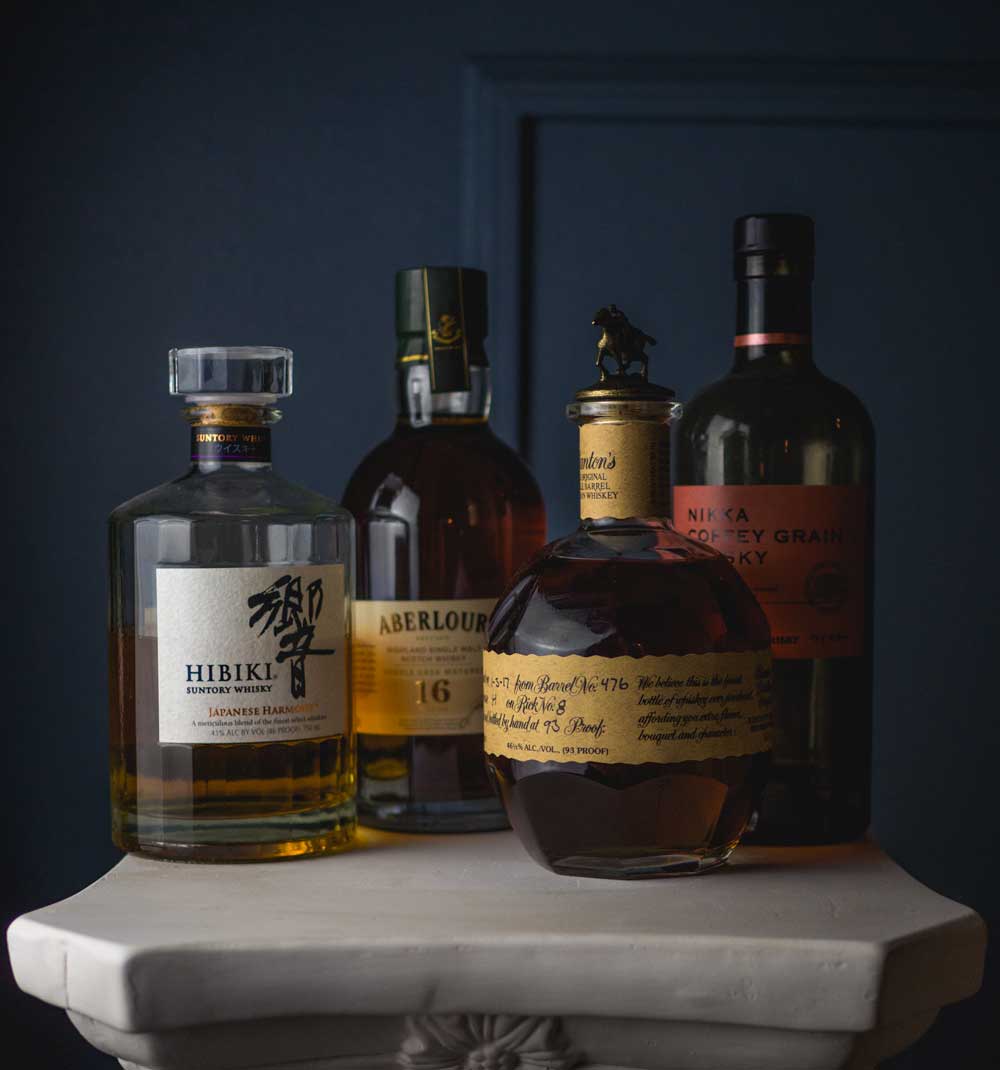



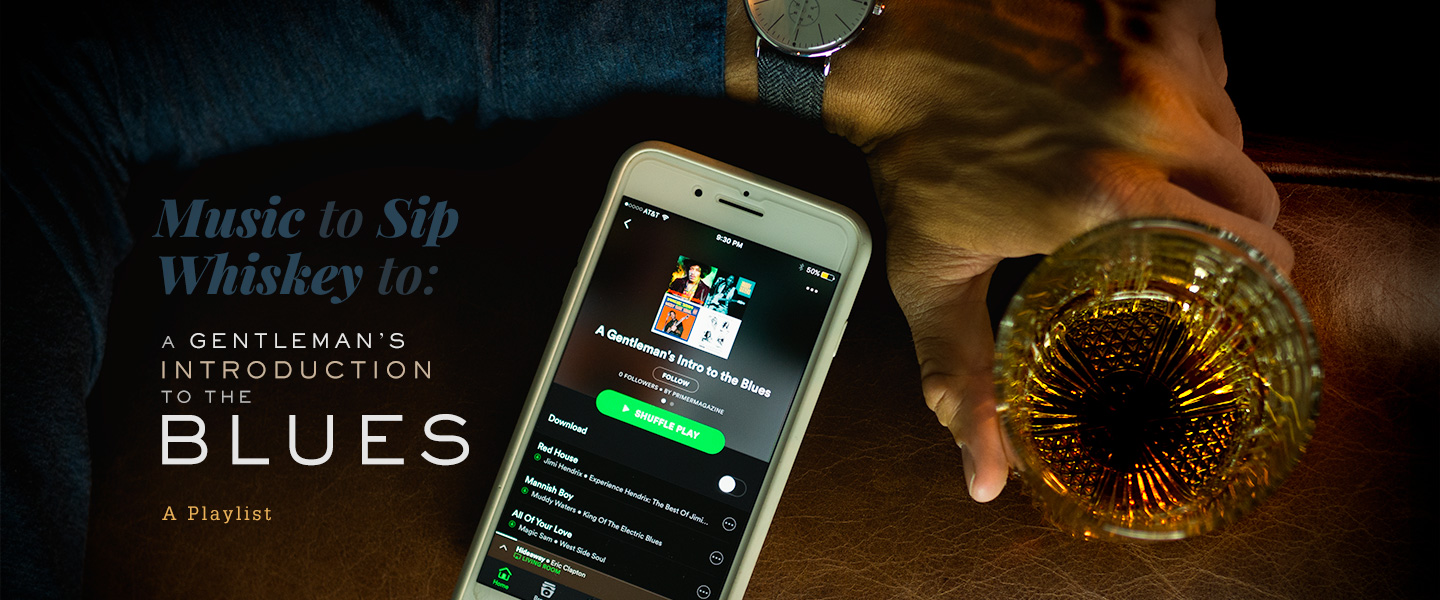

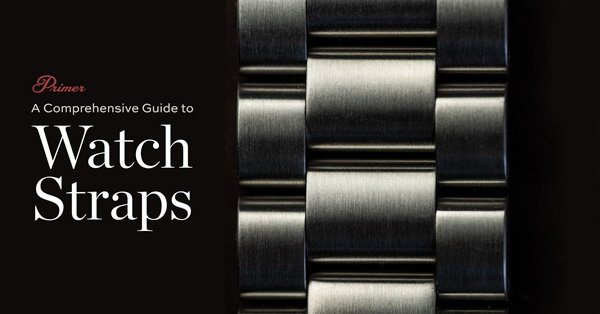
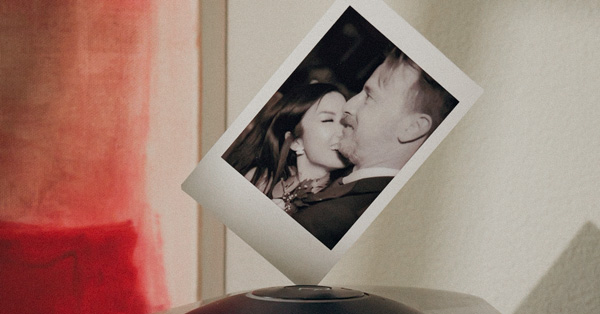
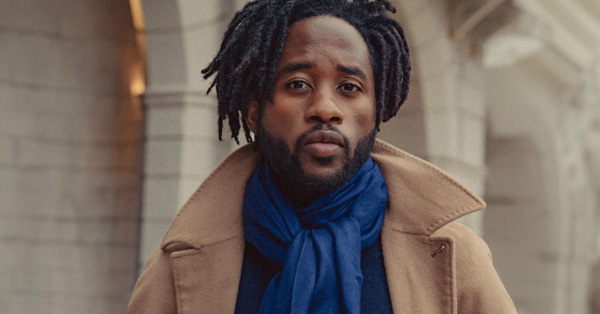
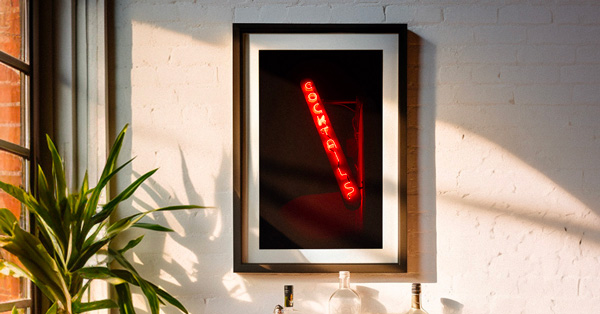

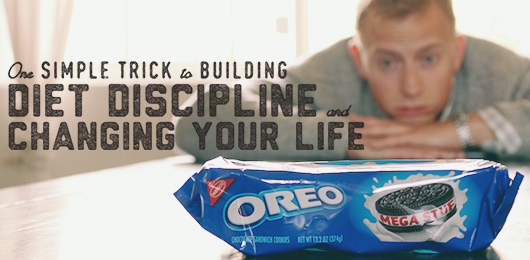
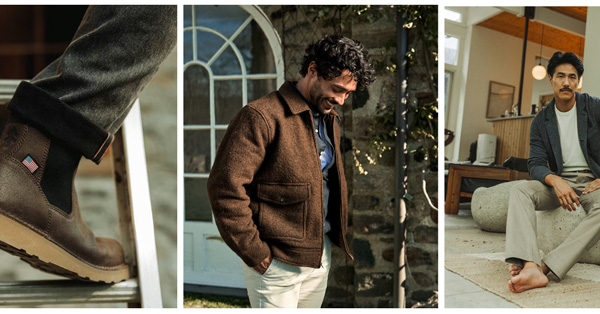




![It’s Time to Begin Again: 3 Uncomfortable Frameworks That Will Make Your New Year More Meaningful [Audio Essay + Article]](https://www.primermagazine.com/wp-content/uploads/2025/01/begin_again_feature.jpg)